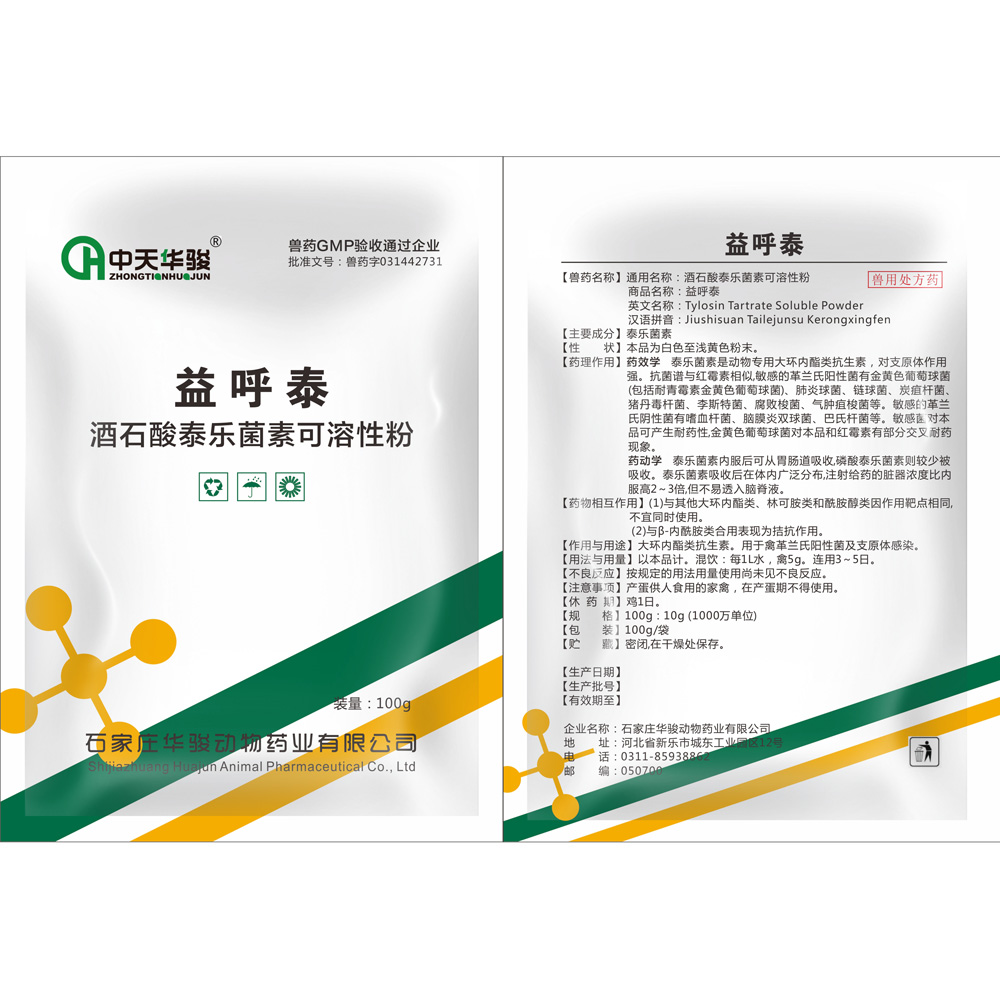
ნოე . 28, 2024 00:56 Back to list
Understanding Personalized Approaches to Urolithiasis Management and Treatment Options
Customized Approaches to Urolithiasis Understanding and Management
Urolithiasis, commonly referred to as kidney stones, is a prevalent condition characterized by the formation of solid mineral and salt deposits in the urinary system. This condition can lead to severe pain, urinary tract infections, and other complications if not effectively managed. Understanding the underlying causes, risk factors, and personalized treatment strategies is essential in addressing urolithiasis comprehensively.
Understanding Urolithiasis
Kidney stones vary in size, composition, and location within the urinary tract, with the most common types being calcium oxalate, uric acid, struvite, and cystine stones. The formation of these stones often involves a combination of factors, including dietary habits, hydration levels, genetics, and metabolic abnormalities.
Calcium oxalate stones are the most common, making up about 70-80% of all kidney stones. These stones can form as a result of high levels of calcium in urine (hypercalciuria) or excessive oxalate consumption from certain foods like spinach and nuts. Uric acid stones, on the other hand, can occur due to a high-protein diet or conditions that increase uric acid levels, such as gout. Struvite stones, often linked to urinary tract infections, can form when bacteria produce ammonia, leading to alkaline urine and subsequent stone formation. Lastly, cystine stones result from a genetic disorder called cystinuria, where the kidney excretes excessive amounts of the amino acid cystine.
Risk Factors
Several risk factors contribute to the likelihood of developing urolithiasis. Dehydration is a significant factor, as concentrated urine promotes stone formation. Diet plays a crucial role; high sodium and animal protein intake can increase the risk of certain stone types. Additionally, obesity and metabolic disorders such as diabetes can predispose individuals to kidney stones. A family history of urolithiasis can also increase one's risk, highlighting the potential genetic component of this condition.
Customized Management Strategies
custom urolithiasis

Given the complexity of urolithiasis, a one-size-fits-all approach to management is often inadequate. Instead, a tailored strategy that considers individual risk factors, stone composition, and lifestyle choices is essential for effective prevention and management.
1. Dietary Modifications Nutrition plays a significant role in stone prevention. Individuals prone to calcium oxalate stones are often advised to limit foods high in oxalate, while ensuring adequate calcium intake from dietary sources to bind oxalate in the intestines and reduce its absorption. For those with uric acid stones, a diet low in purines can be beneficial. This includes reducing the intake of red meat, organ meats, and shellfish.
2. Hydration Increasing fluid intake is crucial in diluting urine and reducing the concentration of stone-forming substances. Patients are often encouraged to drink enough water to produce at least 2.5 liters of urine per day.
3. Medications In certain cases, medications may be prescribed to address specific metabolic disturbances. For instance, thiazide diuretics can be effective for patients with hypercalciuria, while allopurinol is used to reduce uric acid levels in those with uric acid stones.
4. Monitoring and Follow-Up Regular follow-up with healthcare providers is necessary for patients with a history of urolithiasis. This may involve periodic imaging studies or urine tests to monitor for recurrences and ensure that the customized management plan is effective.
5. Surgical Intervention In cases where stones are large, causing obstruction, or not responding to conservative measures, surgical options such as lithotripsy or ureteroscopy may be necessary to break down or remove stones.
Conclusion
Urolithiasis is a multifaceted condition that requires a nuanced understanding of its underlying causes and risk factors. By implementing customized management strategies that encompass dietary changes, hydration, medication, and regular monitoring, patients can significantly reduce their risk of stone formation and improve their overall urinary health. As research continues to advance our understanding of urolithiasis, tailored approaches will play a vital role in combating this common yet often debilitating condition.
-
Quality Bacillus Coagulans BC30 Factory - Expert Production
NewsAug.02,2025
-
China Salivation AI with GPT-4 Turbo Features
NewsAug.01,2025
-
Epic Sepsis Factories: AI-Driven Detection with GPT-4 Turbo
NewsJul.31,2025
-
Acute Salpingitis and Oophoritis AI Factory
NewsJul.31,2025
-
Premium China Bacillus Subtilis Supplier & Factory Solutions
NewsJul.30,2025
-
Premium Avermectin Supplier in China | Custom Solutions Available
NewsJul.29,2025




